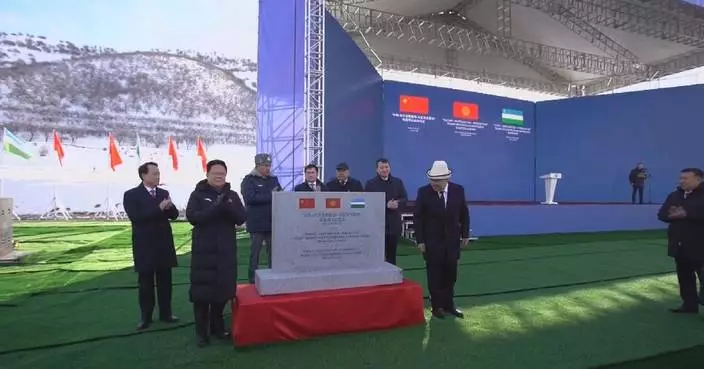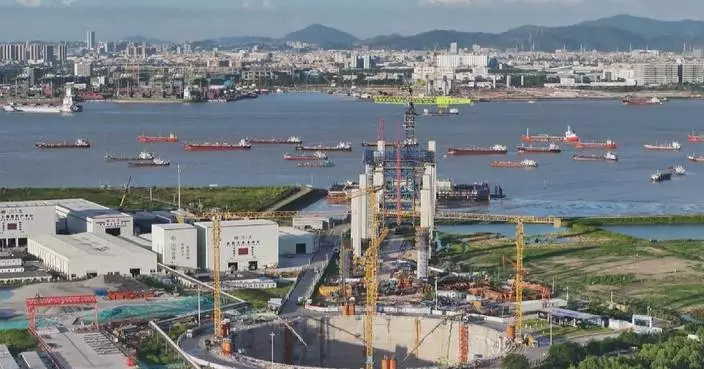Japanese Prime Minister Shigeru Ishiba resigned with his cabinet Monday morning ahead of a parliament vote later in the day to select the country's next prime minister following the general election last month.
Ishiba, leader of Japan's ruling Liberal Democratic Party (LDP), was officially elected the country's prime minister on Oct. 1 after securing a majority of votes in both houses of parliament.
In the general election on Oct. 27, the LDP and its partner Komeito secured 215 of the 465 seats in the lower house election, falling short of the majority threshold for the first time in 15 years.
Japan's National Diet began a four-day special session on Monday following the general election. On the first day of the session, newly elected lawmakers in both houses will vote to select a new prime minister.
As the ruling bloc of the LDP and Komeito holds less than a majority in the lower house, Monday's vote is likely to head to a runoff between Ishiba and major opposition Constitutional Democratic Party leader Yoshihiko Noda. It will mark the first runoff in nearly 30 years.
If Ishiba is re-elected, he will form a second cabinet. If the parliament chooses a new leader, Ishiba's tenure as prime minister will be the shortest since World War II.
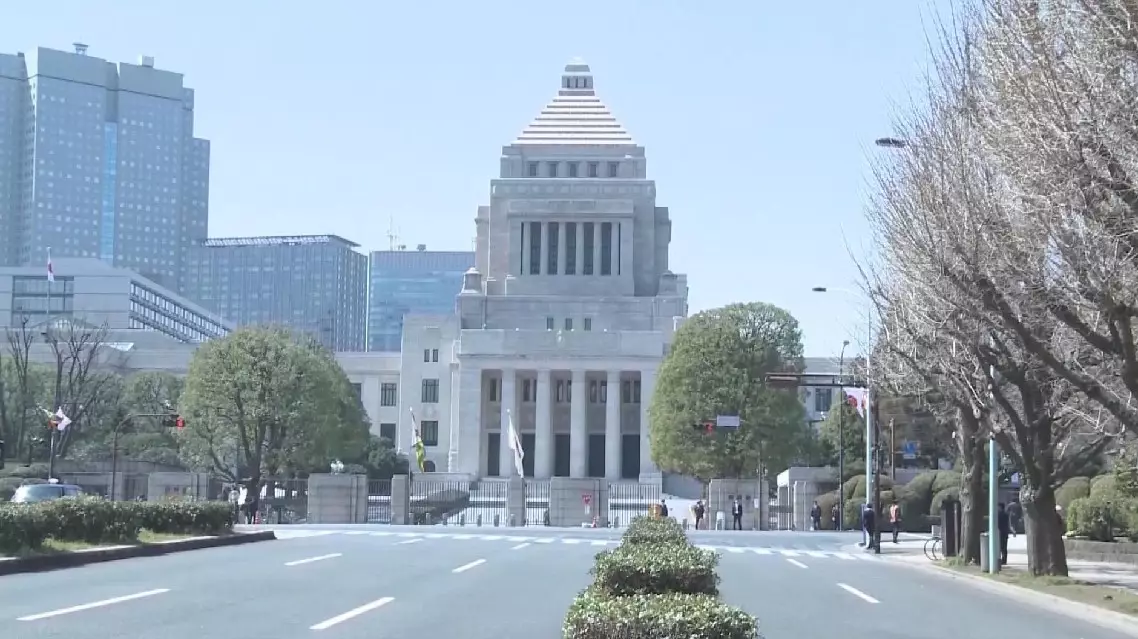
Japanese Prime Minister Ishiba's cabinet resigns ahead of parliament vote
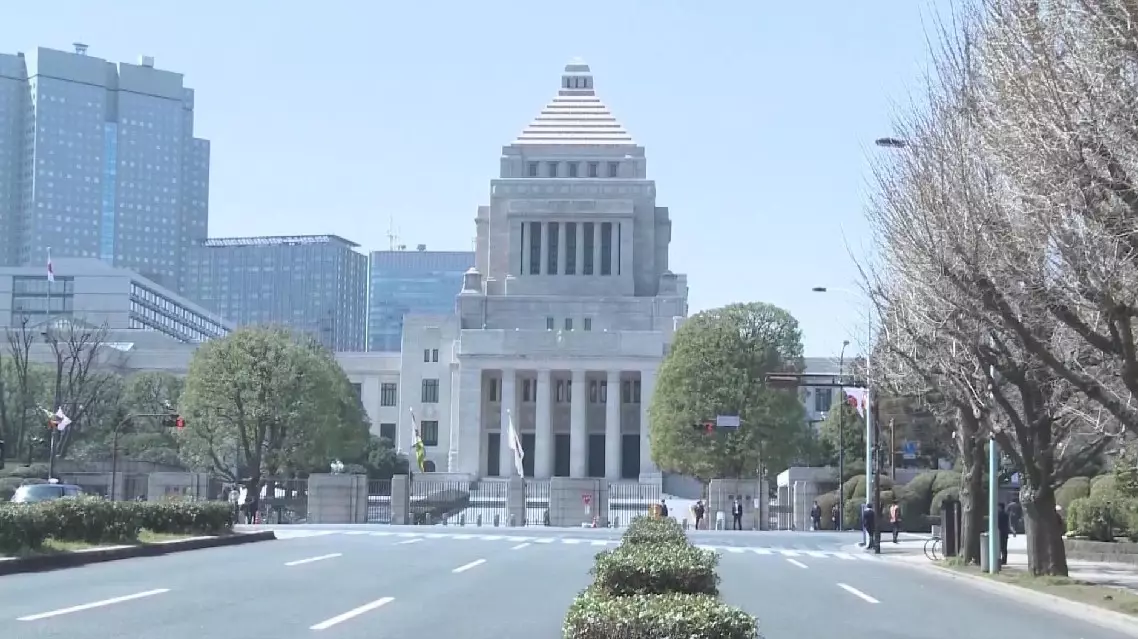
Japanese Prime Minister Ishiba's cabinet resigns ahead of parliament vote
Governments at all levels across China are promoting consumer goods trade-ins and industrial equipment upgrade with preferential policies and subsidies, bringing about significant growth in home appliance sales and equipment production. So far this year, the trade-in policies have brought a total sale of one trillion yuan (about 137 billion U.S. dollars) nationwide, and boosted production of trade-in-related goods like new energy vehicles (NEVs) and home-use freezers.
In Shanghai, in addition to the eight categories of nationwide subsidized products, like refrigerators, television sets, and computers, the local government introduced extra subsidies for additional home appliances, as well as interior materials, furniture, elderly-friendly products, and more to meet local needs.
According to statistics, Shanghai's trade-ins of home appliances have exceeded 6.4 million times, boosting trade of the eight categories by 30 to 40 percent compared to last year's statistics, and the total sales of home appliances on all platforms exceeded 10 billion yuan (about 1.37 billion U.S. dollars).
In central China's Hubei Province, the local government is providing subsidies unlimited times for passenger vehicles trade-ins, expanding subsidized kitchen and bathroom appliances, and involving interior goods and materials to the list, benefiting consumers in over 4.5 million transactions and bringing a total sale of 50 billion yuan (about 6.8 billion U.S. dollars).
In the first three quarters, industrial equipment upgrade policies have stimulated investments in equipment and tools, featuring a 16.4 percent year-on-year increase, with food manufacturing, agricultural products processing, and metal smelting equipment production increasing by 38.1 percent, 34.6 percent, and 13.2 percent, respectively.
In addition to consumer goods, governments at all levels have been actively offering allowances and providing guidance for companies to upgrade appliances and technologies to facilitate domestic consumption "We have applied for nearly 50 million yuan (about 6.8 million U.S. dollars) funding for equipment upgrades. With active advertising and mobilization, we encouraged local advantageous companies in machinery and medicine and health to apply, and provide guidance for them on company digitalization and technology upgrade," said Yu Biao, deputy director of the Development and Reform Bureau of Xinchang County in Shaoxing City of east China's Zhejiang Province.
Companies are also benefiting from the policy, and many are pursuing expansion with government allowances.
"We have benefited from the 'one-time pre-tax deduction policy for equipment and tools under 5 million yuan (about 680,000 U.S. dollars)' and reinvested additional funds for the Phase II expansion. As a result, the annual processing capacity has increased from 80,000 tonnes to 130,000 tonnes," said Tang Kaibo, general manager of Liaoning Lvyuan Renewable Energy Development Co., Ltd.
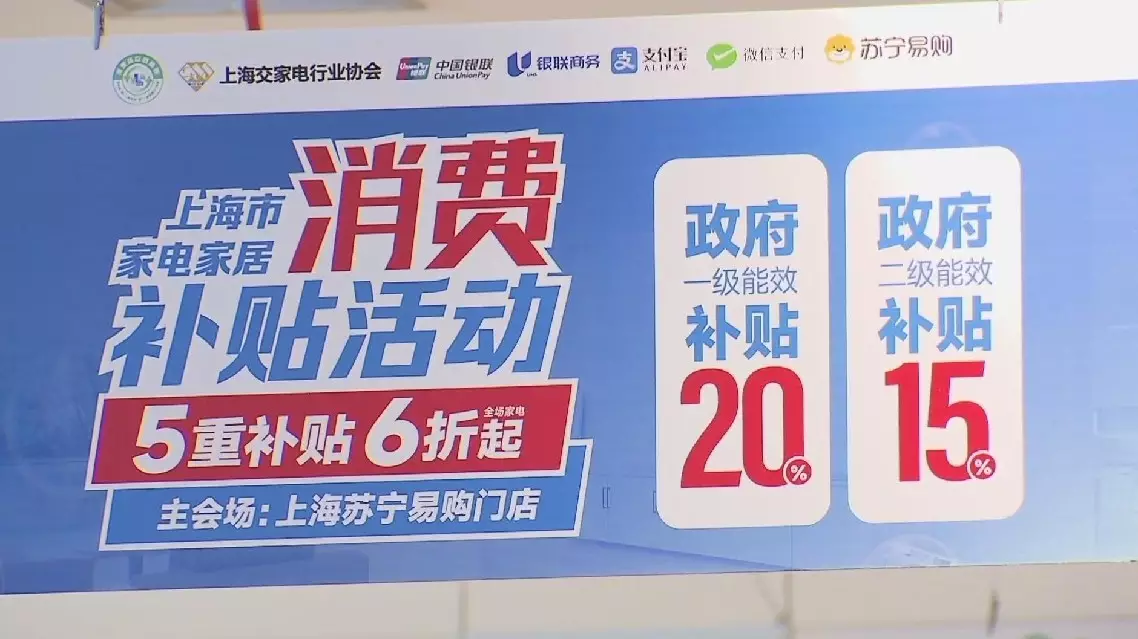
Local governments promote trade-ins, equipment upgrade with policies, subsidies







